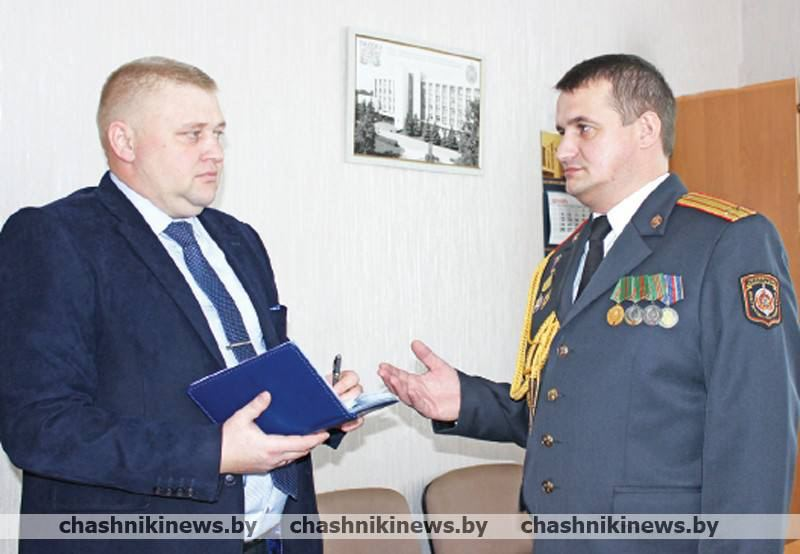Security forces intensify repression as the regime resumes financial support for the state sector
 The situation got worse
The situation got worse

Senior leaders are committed to financial support for the public sector to facilitate import substitution. State officials are threatened with the death penalty for disloyalty, propagandists are threatening a new wave of internal purges in the public sector, and regime security officials are launching another large-scale campaign of repression against dissidents.
Senior leaders continue with populist intervention in price regulation to maintain personal approval ratings. At a recent government meeting, Lukashenka demanded that price rises be contained, and inflation limited to 7% per year.
Due to price controls and the intervention of regulatory authorities, the retail market continues to skew in favour of the most loyal businesses closest to the ruling class.
Lukashenka is trying to distance himself from the state apparatus to shift responsibility for economic dissatisfaction to the government.
Meanwhile, the leadership tries to consolidate loyalty within state entities by threatening to impose the death penalty for treason against Lukashenka.
Tax officials focus on the inspection and surcharging of private carriers.
Security forces are intensifying persecution and purging protest movement activists in the regions following sabotage at Mačuliščy military airfield. GUBAZIK detained more than 60 people in a single day.
Propagandists intensified hateful rhetoric towards opponents of the Lukashenka regime and tried to initiate a new wave of purges and restrictions on the rights of dissidents.
The leadership shows no intention of compromising with opponents. Democratic leaders such as Sviatlana Tsikhanovskaya, Pavel Latushka, Maria Moroz, Volha Kavalkova and Siarhei Dyleŭski were sentenced to long prison terms of 12-18 years.
The government upholds some aspects of the social contract, maintaining relatively low prices for housing and communal services with state subsidies. However, living standards and foreign exchange reserves are falling.
The government aims to stimulate the economy with fiscal intervention and investments in state projects in the regions. The Council of Ministers instructed all districts to launch at least one investment project by 2025. Some investment projects are centrally imposed by the government and are already assessed by local officials as potentially unprofitable.
Proponents of large-scale state investment have the support of the leadership. Lukashenka demands job creation schemes within the import substitution framework.
The Lukashenka regime is intensifying purges and repression and, in all likelihood, will continue to tighten repressive legislation.
Subscribe to our newsletter




Situation in Belarus
Constitutional referendum: main consequences


 Video
Video
How to count the political prisoners: are the new criteria needed?


 Video
Video
Paternalism In Decline, Belarusian Euroscepticism, And The Influence Of Russia


 Video
Video












